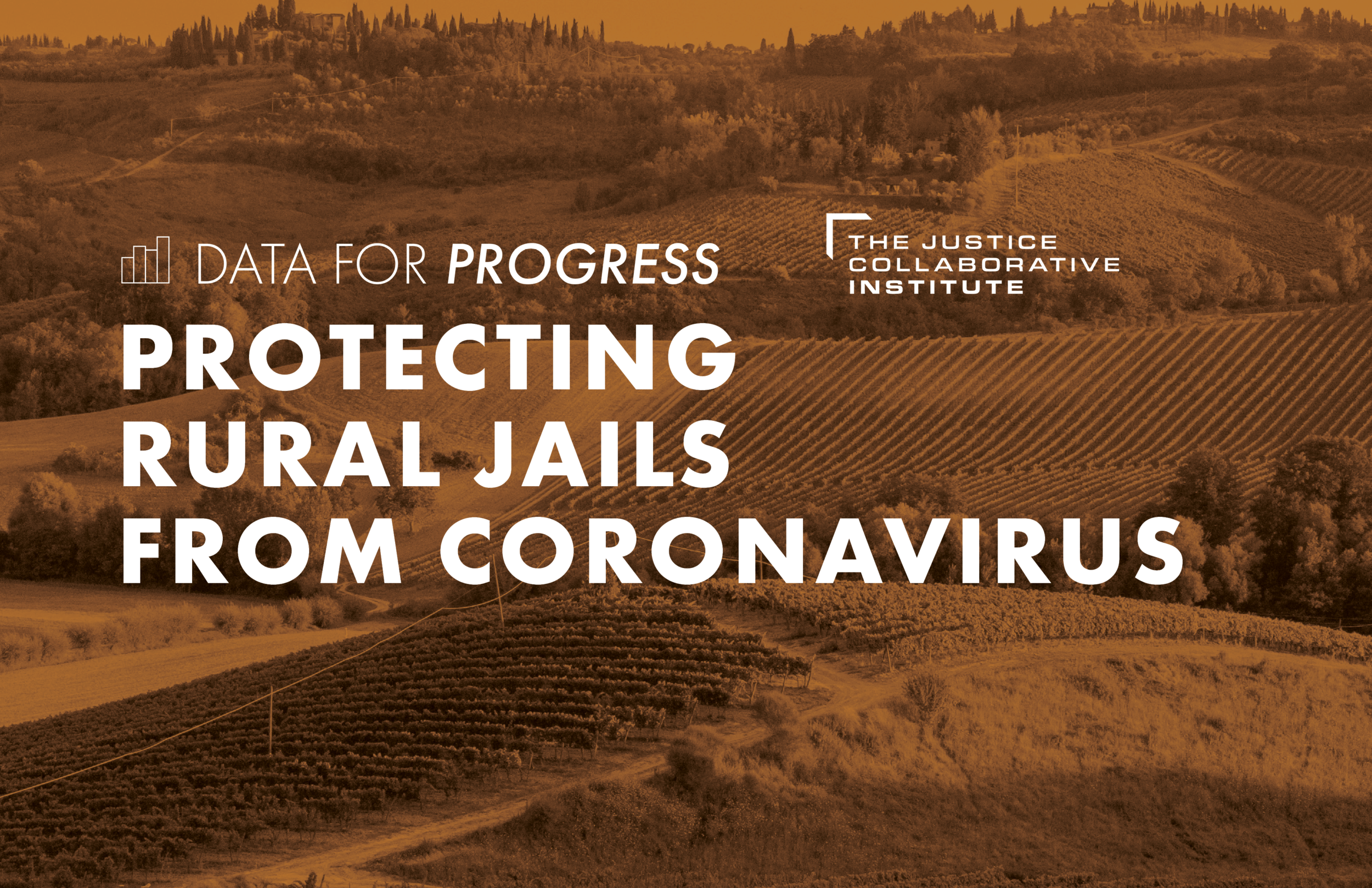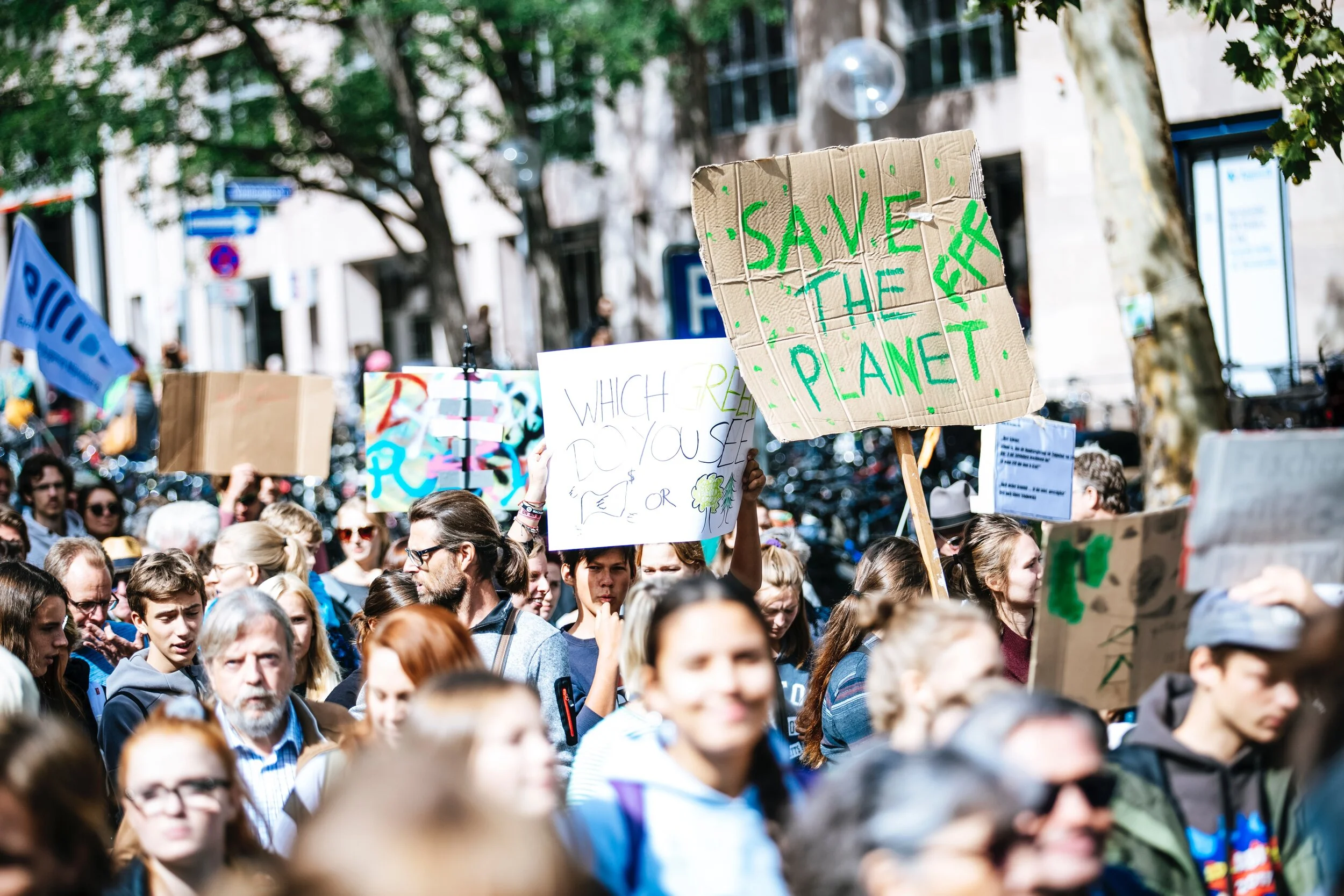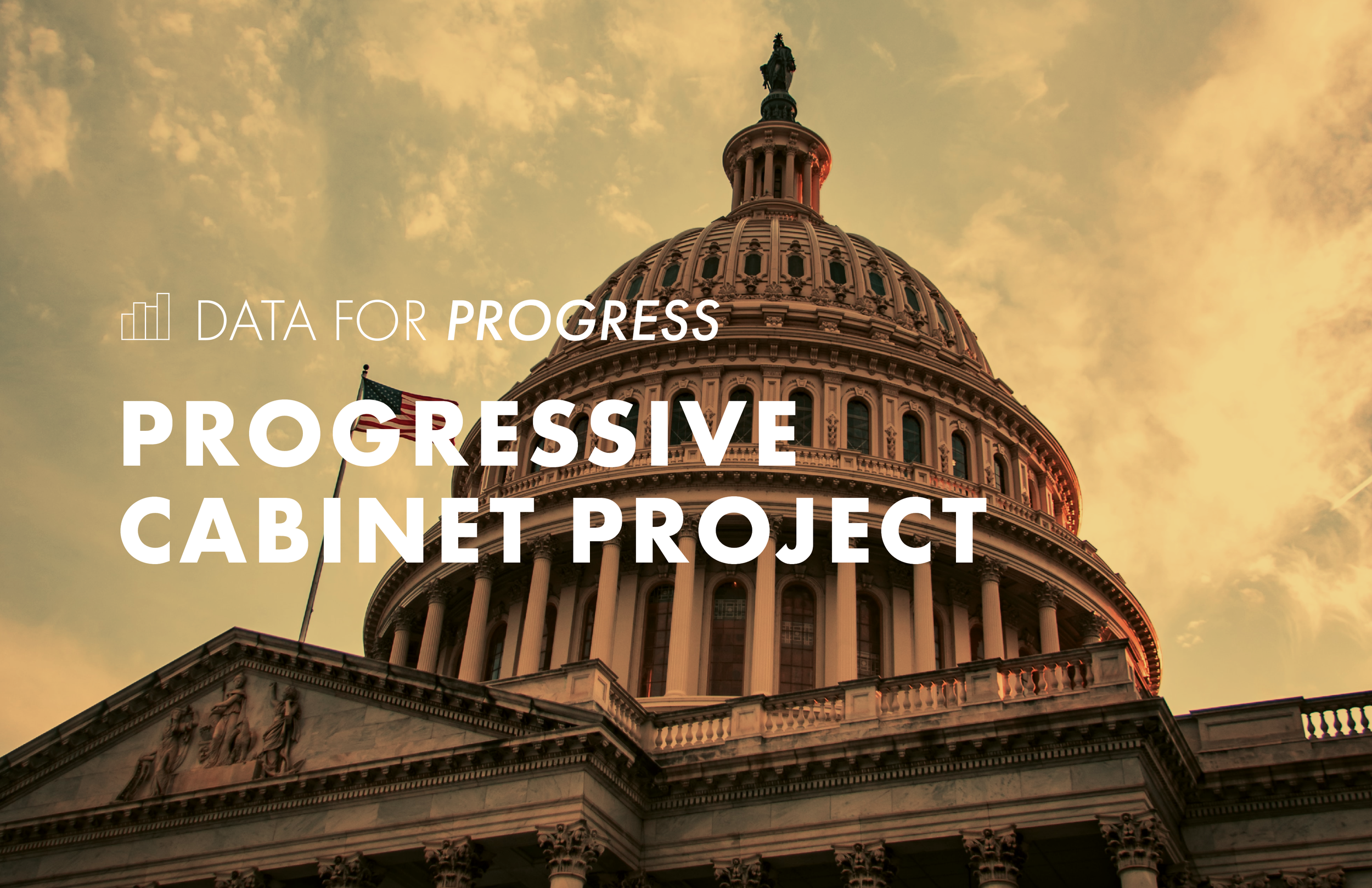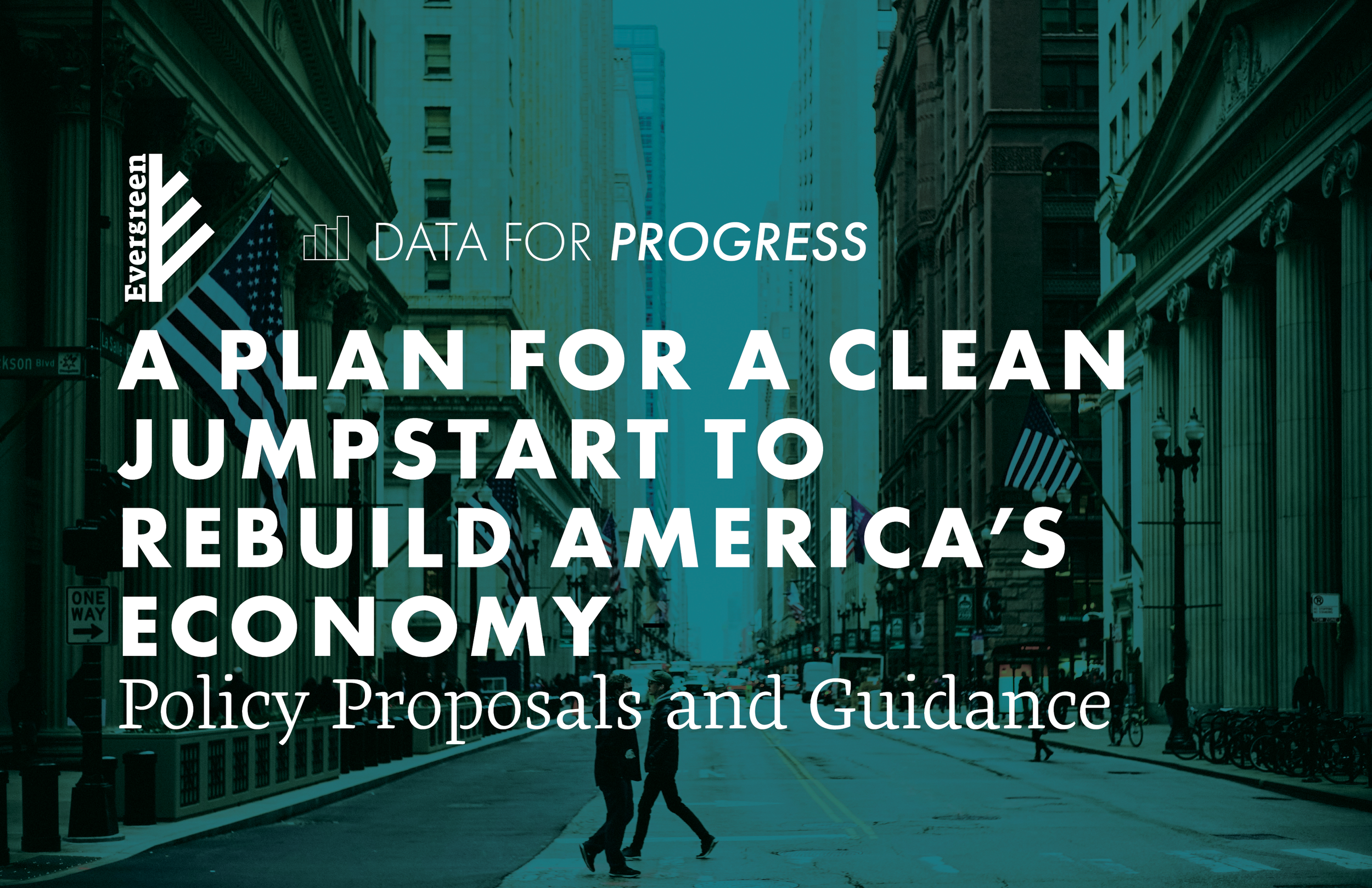Memo: Protecting Rural Jails from Coronavirus
By Aaron Littman Binder Clinical Teaching Fellow and Deputy Director, UCLA COVID Behind Bars Data Project, UCLA School of Law, Lauren Sudeall Associate Professor and Faculty Director, Center for Access to Justice, Georgia State University College of Law, and Jessica Pishko Senior Legal Counsel, The Justice Collaborative
Executive Summary
Rural communities have certain traits that make them particularly vulnerable in a pandemic. On the whole, people living in rural regions are poorer, older, and less healthy. One in three rural counties has a poverty rate over 20%. More than half of all births at rural hospitals are covered by Medicaid. Rural communities are quickly losing hospitals and health care providers. Small newspapers are closing across the heartland, and internet access in rural areas is often limited, so rural residents may not have accurate information about the pandemic or how to best respond.
Many of these concerns are amplified in rural jails. People detained in rural jails are likely to be there because they cannot afford cash bail. Judges in rural courts often send people to jail for drug possession, in part because there are few diversion programs. Given the paucity of medical providers and other social services in rural areas, the criminal legal system is often used to address a range of social, emotional, and financial problems that elsewhere may be handled outside of the court system through community treatment or other programs. And people inside the jails may have prior substance use or other medical problems that are exacerbated in a pandemic.





